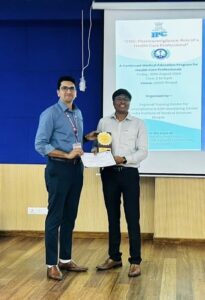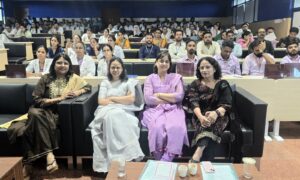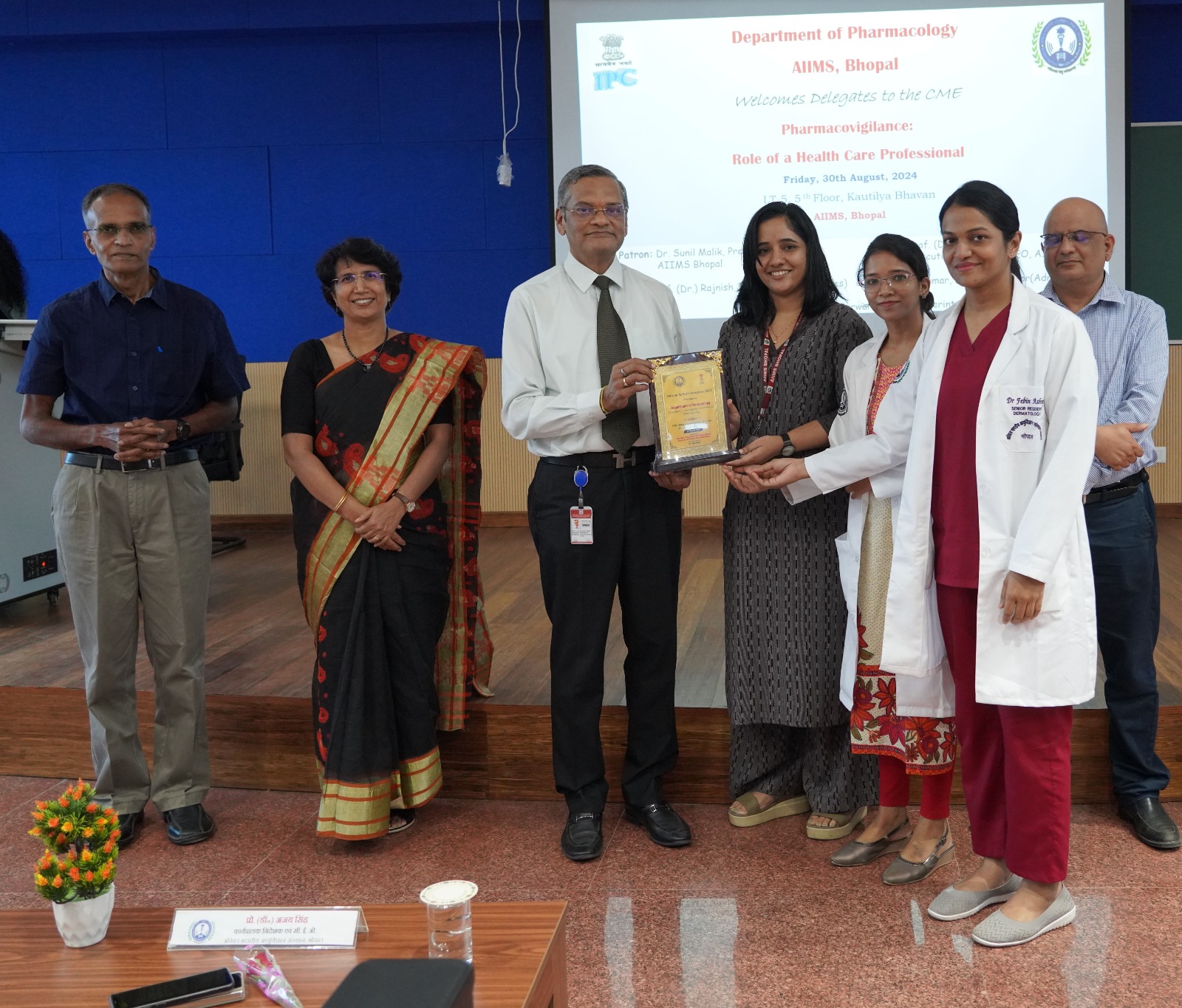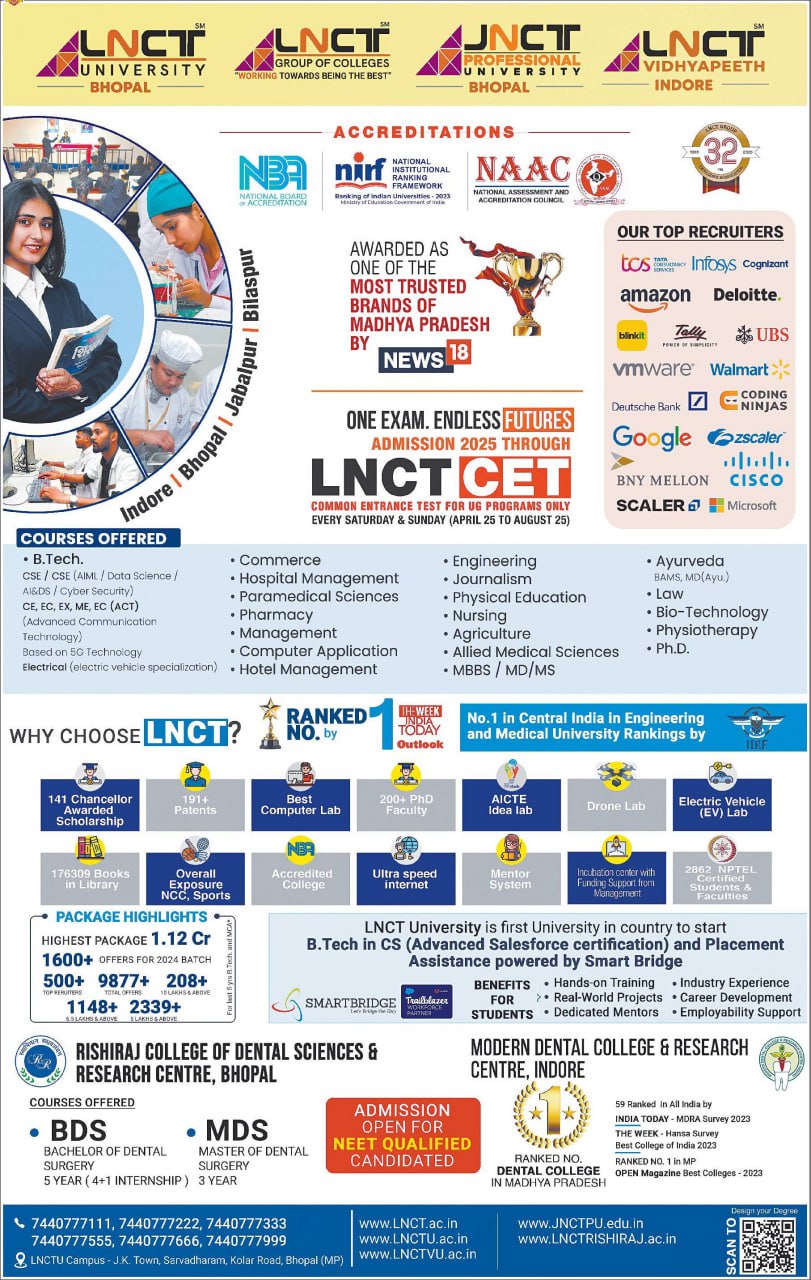CNN Central News & Network–ITDC India Epress/ITDC News Bhopal: The Department of Pharmacology at AIIMS organized a CME on the theme “Pharmacovigilance: The Role of Healthcare Workers.” The event aimed to raise awareness and enhance the capacity of healthcare workers in reporting adverse drug events to ensure patient safety. On this occasion, AIIMS Executive Professor Ajay Singh emphasized the importance of pharmacovigilance in modern healthcare, stating, “Pharmacovigilance is a crucial pillar of modern healthcare.

It serves as our first line of defense in identifying, understanding, and preventing adverse drug reactions that can impact patient safety. In an era of continuous development of new drugs and treatment methods, the role of healthcare workers in monitoring and reporting these events becomes even more critical. Through vigilant pharmacovigilance, we not only ensure the safety of our patients but also contribute to global knowledge, enabling the development of safer and more effective treatments. It is essential that every healthcare provider understands the importance of this responsibility and actively participates in promoting a culture of safety and transparency in clinical practice.”

Dr. Niket Rai from LN Medical College, Bhopal, conducted a practical demonstration of reporting adverse drug reactions (ADRs) using a mobile app under the Indian Pharmacovigilance Programme (PVPI). The Department of Pharmacology at AIIMS acts as an Adverse Drug Reaction Monitoring Centre and a Regional Training Centre (RTC) for Pharmacovigilance under the Pharmacovigilance Programme of India (PVPI) for Madhya Pradesh and Chhattisgarh. The center’s coordinator, Dr. Ratinder Jhaj, provided a brief overview of the program’s need and functioning. The Department of Dermatology at AIIMS Bhopal was honored with the “Patient Safety Champion Trophy” for its outstanding contribution to patient safety.

This CME was a significant step towards re-establishing the importance of pharmacovigilance among healthcare workers, ensuring better patient outcomes through vigilant and timely reporting of adverse drug events. Over 130 healthcare workers, including doctors, pharmacists, nurses, dentists, and postgraduate students, from medical, AYUSH, and pharmacy colleges of Bhopal and Vidisha, as well as NABH-accredited hospitals, participated in the program.







